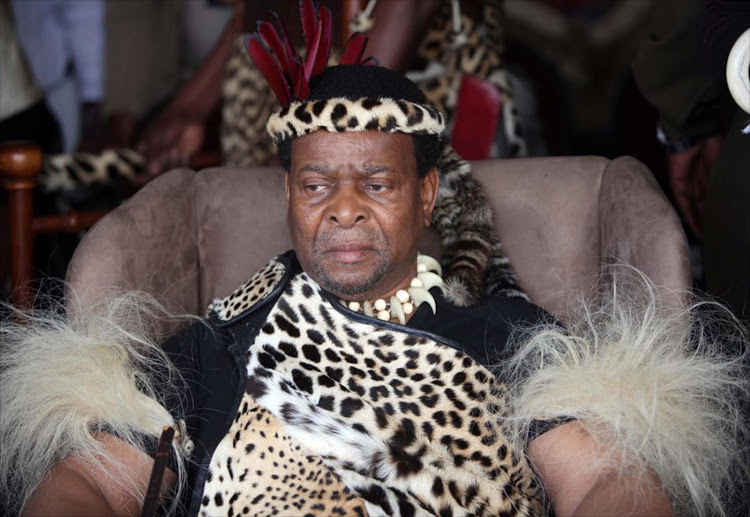A South African monarch, the Zulu King Goodwill Zwelithini has expressed outrage at the scrapping of caning in schools claiming that using the rod on children would “make learners perform well”.
According to the Sunday Times in South Africa, the Zulu King told a meeting of principals and school governing bodies in a northern KwaZulu-Natal on Tuesday that “This thing of not disciplining our children is letting us down because children are not disciplined.”
In September this year seven teachers were suspended for caning their students in the King Cetshwayo district.
In 1996, the South African Schools Act, under Section 10, banned the use of corporal punishment in schools but teachers in some schools continue to administer the practice with offenders usually sanctioned by their school managers.
UNICEF in 2012 published a report in which it stated that “in spite of a strong legislative framework, corporal punishment remains widespread in South Africa, in both the school setting – where it is illegal – and in homes where it is hidden from public view and protected through civil and customary law.”
It said children have the right to be protected but the Zulu King said bringing back corporal punishment will do more good to society and the upbringing of children.
Zwelithini condemned the killing of teachers in schools urging the state to do more to protect teachers.
“The death of one teacher is one too many. Teachers are also human beings. It’s important that if we set up commissions of inquiry because politicians are being killed, there must also be commissions for teachers as well,” he added.
Source: Africafeeds.com



